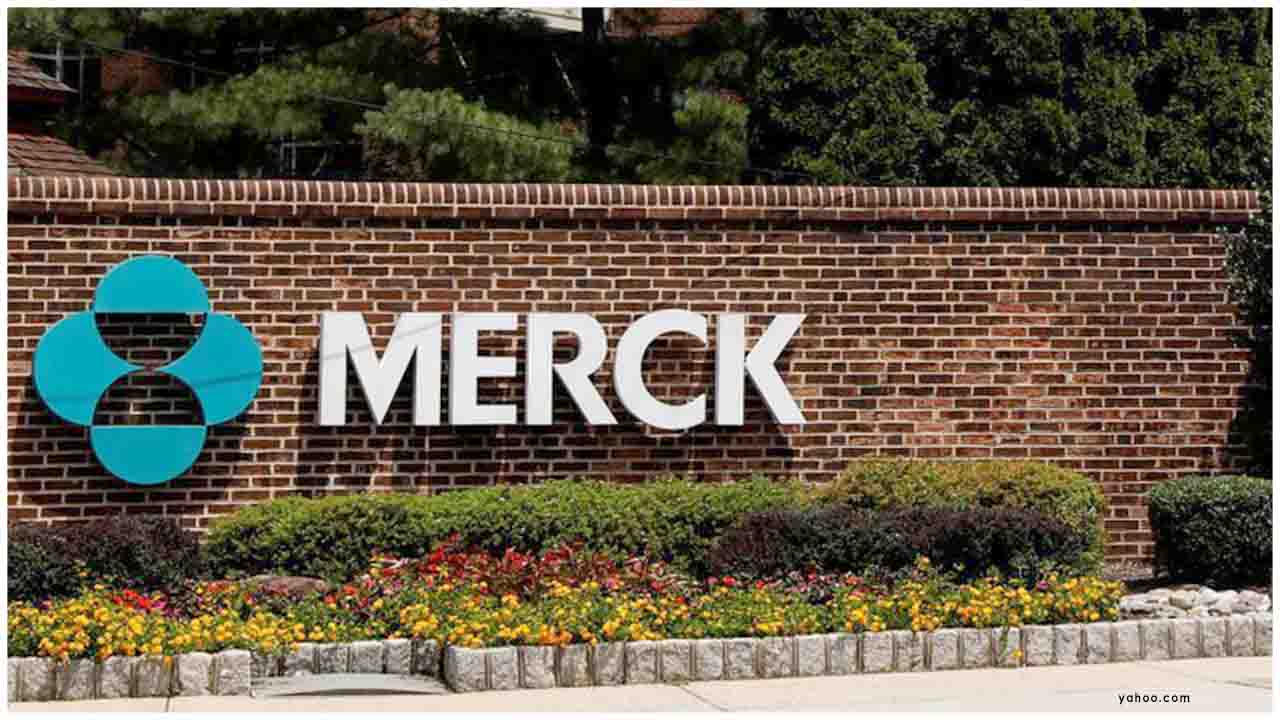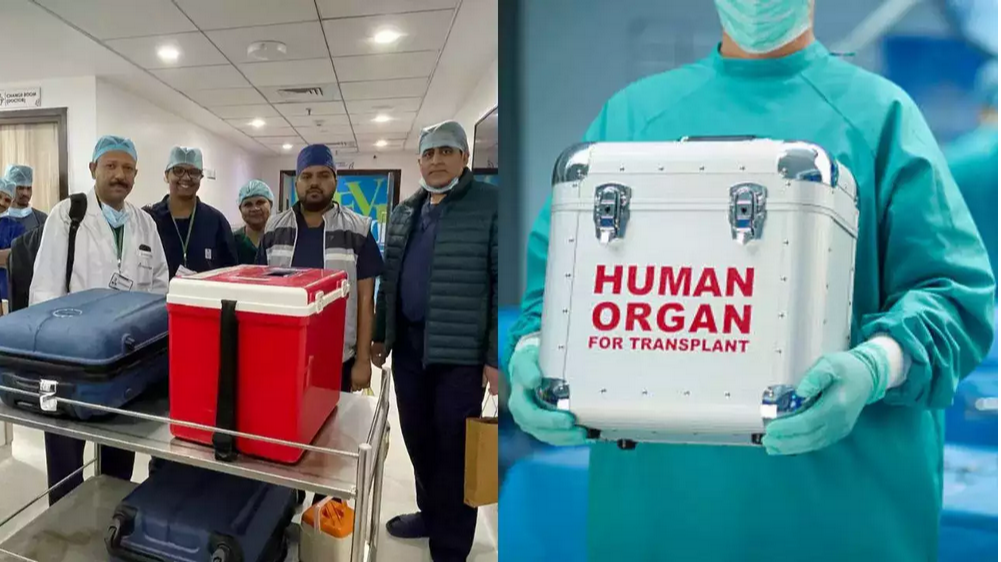Merck, a leading science and technology company, today announced the € 59 million expansion of its HPAPI and ADC manufacturing capacity at its facilities near Madison, Wisconsin , USA. The investment will allow for the large-scale manufacture of increasingly potent compounds for therapies with the potential to treat cancer. Completion is scheduled for mid-2022, and about 50 full-time jobs are expected to be created from 2021.
"ADCs have seen incredible growth in the past decade, and regulatory approval in recent years demonstrates their promise as a targeted therapy," said Andrew Bulpin , director of Process Solutions, Merck's Life Science business. "With over 35 years of experience in this area, we were pioneers in the development and manufacture of biological products, conjugation processes and small molecules. This investment reinforces our commitment to working with innovators to make new treatments available to patients more quickly and efficient".
Merck 's new 6,500 m 2 office building will be one of the largest dedicated HPAPI manufacturing facilities, specifically designed to handle single digit nanogram occupational exposure limit materials. The project is an addition to the company's Madison campus , which was the first commercial ADC facility in North America designed to handle highly active materials. The new building will join the Merck campus based in St. Louis, Missouri , USA, specializing in bioconjugation for ADC, active pharmaceutical ingredients and the manufacture of excipients and adjuvants.
ADCs are an emerging class of highly specific drugs, created with the goal of destroying cancer cells while preserving healthy ones. Today there are only nine ADCs approved globally. However, the ADC industry is experiencing solid growth and is expected to reach € 13 billion in 2030 1 .
While ADCs can provide many benefits compared to other therapeutic options, they also present a unique set of challenges. Its development is complex, requiring rigorous containment infrastructure, and its structural exceptionality requires knowledge in a series of different technologies for small and large molecules, as well as analytical resources. Due to these challenges, more than 70% of ADC projects are outsourced to organizations specialized in their development and manufacture 2 .
With more than 35 years of experience in the development and manufacture of small molecules, biological products and ADC technologies, Merck offers extensive experience in clinical and commercial manufacturing. The company's comprehensive service portfolio combines the stages of drug development and production, from pre-clinical to commercial, from a single source. This consolidation helps to reduce risks and streamlines the process of obtaining therapies for patients more quickly.

 Merck invests in immuno oncology
Merck invests in immuno oncology









.jpg)
.jpg)









.jpeg)

.jpeg)










.jpg)




.jpg)

